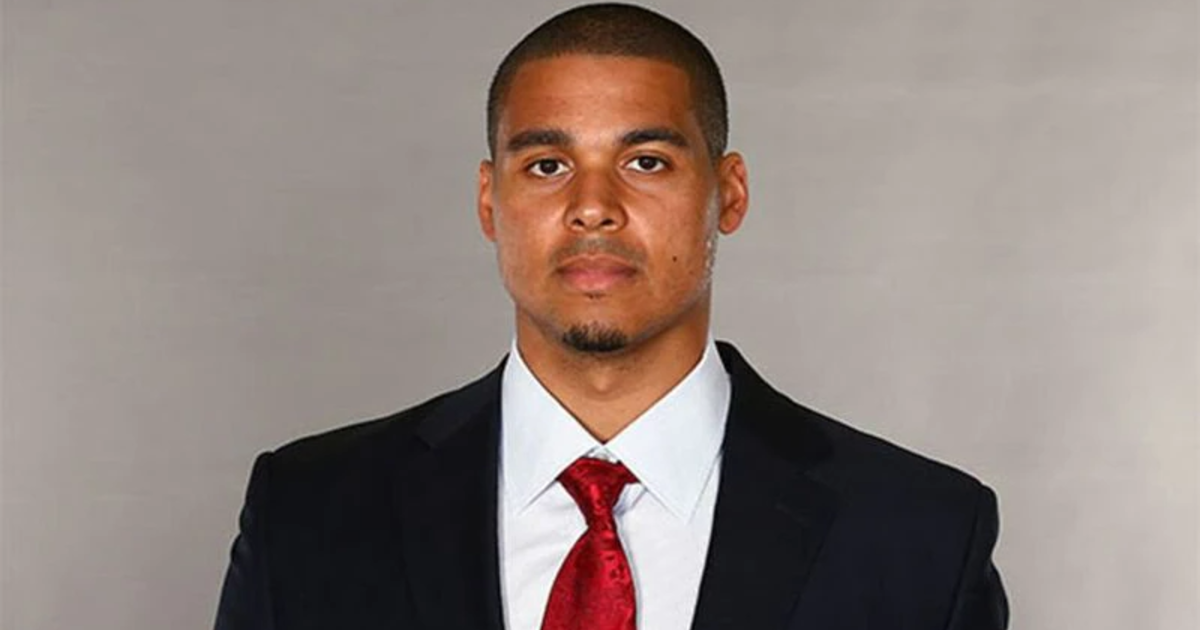Corruption: Stakeholders call for protection of whistleblowers
Financial experts on Tuesday called for the enactment of a law to protect whistleblowers in the fight against corruption in public procurement across the country.
Speaking in Abuja during a breakout session on the second day of the 2025 National Conference on Public Accounts and Fiscal Governance, organised by the Public Accounts Committees of the Senate and House of Representatives, Procurement and Project Management Expert, Engineer Olatunbosun Oyelowo, urged all tiers of government to adopt e-procurement systems for transparency.
He also called for the strengthening of audit and oversight bodies, increased citizen engagement in project monitoring, ethical training for procurement officers, improved inter-agency cooperation for data sharing, and sanctions for erring officers or culprits.
To achieve this, he highlighted the need to track and detect ghost projects using technology such as geotagging and GS monitoring, which can help track project locations and progress in real-time. He also noted that satellite imagery could verify the existence and status of infrastructure projects, while digital project management tools would enable real-time reporting and documentation.
In addition, Dr Oyelowo emphasised the adoption of data analytics and cross-verification, aimed at comparing procurement data with physical inspections. He recommended using financial and project data analytics to detect anomalies, and cross-checking contractor records and deliverables for compliance with specifications.
He said: “There has to be collaboration between the party inside and outside. It doesn’t just exist. Nobody can just bring an invoice for a ghost project and say pay me.
“Somebody must have ended it one way or the other. That’s why we needed to look at this content and see areas to change so that the country will change. I trust this country will be better off.
“Now, tracking ghost projects and overpricing. What are the challenges? When we say ghost projects, non-existent or fake projects, overpricing, inflated project costs. That’s a problem we have in the country, everywhere and our things are not working. Inflated projects, not only that, ghost projects. Projects that never exist, and somebody will write a completion certificate. Payment is made. It will be certified by the Auditor.
“How can we get breaking points? Breaking points in the country with this system. And that’s why we needed to align our minds and see how we can bring change. You know, the issue is not handled for the U.S. This is something which I look at as very important.”
He said chasing after people after they have committed the offence is not the best approach. Instead, preventive measures should be put in place to stop such acts from occurring in the first instance. According to him, the practice undermines public trust and leads to a loss of valuable resources.
“We see very clear. Projects that are reported, funded, but never actually executed. We are aware of all these things. Projects that are used to circumvent, inflate projects, or cover corruption. We have examples of infrastructures that remain incomplete, entirely fictitious or untraceable, never exist. And when we talk about overpricing, inflating costs of goods or services, unreasonably above the market value.
“And this often results from collisions between contractors, even the officials. You know, we see these are things that we know are happening. And we needed to change the direction for the country to move forward.
“In a state where somebody will just bring a voucher or project that was never executed, never completed. It will be verified, it will be certified, and payments will be made. How can we continue? We cannot get it right if we continue this way. And as a matter of fact, no thief can operate inside the house, inside the community, successfully, if there is no co-driver inside. It cannot. Any place, anywhere. It doesn’t work that way.”
Also speaking, Professor Abdelrasaq Na-Allah of the Department of Economics, University of Abuja, who presented a paper titled “Audit Institutions at Subnational Level: Capacity, Independence, Reform and Legislative Oversight without Borders,” expressed grave concern over the opacity of financial records at the state level.
He noted that the regional share of fiscal resources is significant, with much of the essential service delivery taking place at that level. Professor Na-Allah raised alarm over Nigeria’s poor global ratings in “terms of transparency and corruption. Out of 180 countries, Nigeria ranked 140. It used to be worse. And in terms of the index, we scored 26 out of 100, which is zero representing worse performance, and 100 representing better performance. That says something about our institution. It is not effective and it is not efficient.”
While reflecting on subnational audit, he said: “We seem to focus too much on the federal government. But a lot of things happen at the subnational level that we don’t focus on. Now, I don’t know how many of us can even remember the budget value of our state governments. But ask anybody. It will tell you not only the value of federal government budget.
“But it can also give you the sectorial distribution. All the civil society, the press, the academia, religious, all of it. The focus is on the Federal Government. Meanwhile, it doesn’t go so well. At the subnational level, that we pay little attention to. And that’s why it’s so easy for so many things to be happening here.
“First, the regional share of physical resources is huge. It comprises a big chunk of the public finances. And not just that. The essential social services like provision of health care services as well as education take place at the public.
“You know that for 2023 data, you can see that the total government shares, total government spending, share of the sub-institutional level is 46. Almost half, it also accounted for a greater spending of social services, which is about 65%. So, how can you be joking with this kind of a category? Do we follow the policy?”
Noting that audit institutions at the subnational level are not independent, he said: “Because state government’s executive controls the budgets. They also influence to a large extent deployment of staff. And then access to information. It’s very poor because we have this group of people, chief executive, trying to protect information that we have. So it’s not very strong.”
ALSO READ TOP STORIES FROM NIGERIAN TRIBUNE
You may also like...
Diddy's Legal Troubles & Racketeering Trial

Music mogul Sean 'Diddy' Combs was acquitted of sex trafficking and racketeering charges but convicted on transportation...
Thomas Partey Faces Rape & Sexual Assault Charges

Former Arsenal midfielder Thomas Partey has been formally charged with multiple counts of rape and sexual assault by UK ...
Nigeria Universities Changes Admission Policies

JAMB has clarified its admission policies, rectifying a student's status, reiterating the necessity of its Central Admis...
Ghana's Economic Reforms & Gold Sector Initiatives

Ghana is undertaking a comprehensive economic overhaul with President John Dramani Mahama's 24-Hour Economy and Accelera...
WAFCON 2024 African Women's Football Tournament

The 2024 Women's Africa Cup of Nations opened with thrilling matches, seeing Nigeria's Super Falcons secure a dominant 3...
Emergence & Dynamics of Nigeria's ADC Coalition

A new opposition coalition, led by the African Democratic Congress (ADC), is emerging to challenge President Bola Ahmed ...
Demise of Olubadan of Ibadanland
Oba Owolabi Olakulehin, the 43rd Olubadan of Ibadanland, has died at 90, concluding a life of distinguished service in t...
Death of Nigerian Goalkeeping Legend Peter Rufai

Nigerian football mourns the death of legendary Super Eagles goalkeeper Peter Rufai, who passed away at 61. Known as 'Do...




